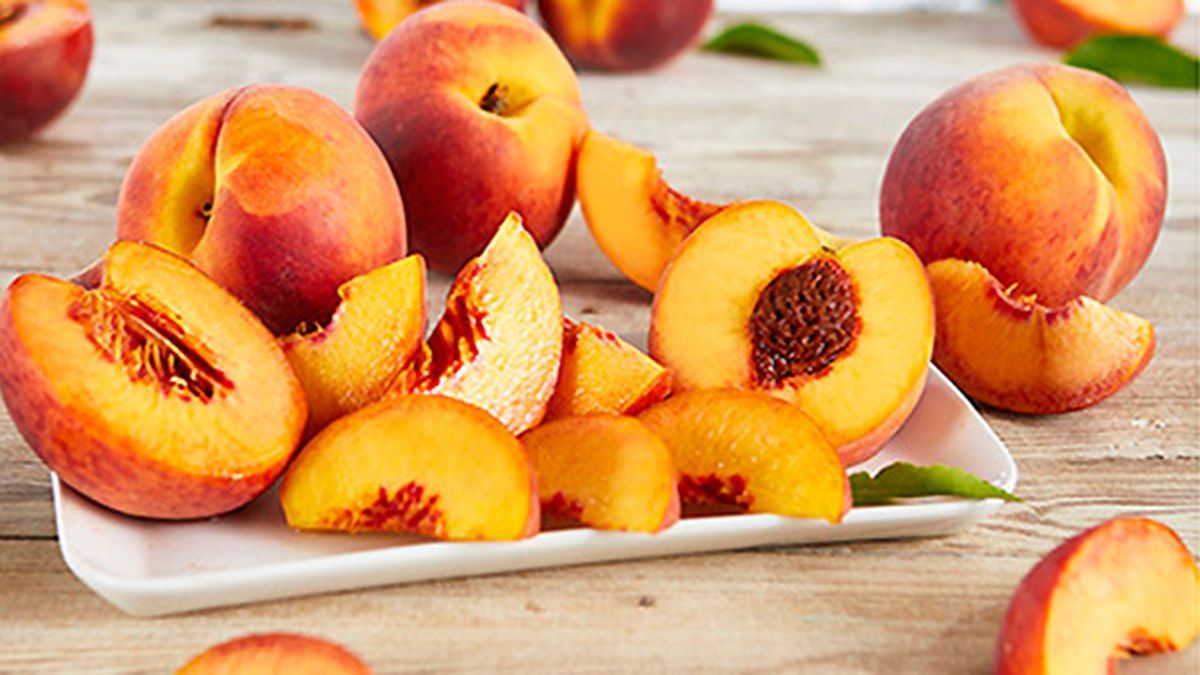The keynote speech was given by Nina Khrushcheva, great-granddaughter of the former Soviet Communist Party leader Nikita Khrushchev. Art is prophetic, liberating, optimistic, rebellious, and shows us the way in its transcendence, said the political scientist, who also criticized Vladimir Putin’s regime.
- Read more culture: Who will conduct the Bruckner Orchestra in the future? These are the candidates
Khrushcheva, who was born in Russia and lives in New York, is an expert in contemporary Russian history and politics. The professor of international relations and comparative literature titled her speech “The Idealism of Art in Times of War and Peace.” In it, she explained the importance of art in people’s lives and that art influences politics and culture. Nations value their cultural individuality just as much as their territory, their natural resources and their financial institutions. In a state of war, however, art can become a battlefield, but in times of crisis, the power of art increases dramatically.
Khrushcheva recalled the destruction of cultural monuments
Last year, Ukrainian lawmakers passed the “Anti-Pushkin Law,” named after the 19th-century Russian poet Alexander Pushkin, which allowed the destruction of cultural assets related to Russian and Soviet history in Ukraine, Khrushcheva explained. Numerous works considered symbols of tsarist and totalitarian ideology, including paintings, sculptures and books by Russian artists, were banned or destroyed. “In my view, blanket destruction of the cultural testimonies of another nation or ethnic group is not a viable policy. But under the current circumstances, no Russian should dare to tell Ukrainians how to deal with their past or shape their future.”
- Read more culture: Stelzer – “Super cultural year is an encouragement for the future”
She is not the only one who questions such an approach, said the political scientist. George F. Kennan, one of the most important American diplomats, declared in a speech at the New York Museum of Modern Art in 1955, at the height of the Cold War: “Only by creating beauty and through the great, significant creations of the mind have people succeeded in building a reliable bridge between nations, even in the darkest moments of political bitterness, chauvinism and arrogance.”
Criticism of Vladimir Putin
In her speech, Khrushcheva criticized Vladimir Putin’s policies and apologized to the Ukrainian people for the war being waged against their country. She also referred to the novel “The Day of the Oprichnik,” written by Russian author Vladimir Sorokin in 2006. “In this book, the Russian Empire has been resurrected and the government’s followers are in charge. At the time, we dismissed it as mere fiction. Today, it reads like reality. After Vladimir Putin’s recent swearing-in as president for his fifth term, independent thinking is being brutally punished. This is no longer a dystopian absurdity, as Sorokin described it, but everyday life in today’s Russia. When I lived in the Soviet Union, we read George Orwell’s dystopias as fiction. But today Orwell has become a guide to survival.”
The refusal (of Europe, ed.) to engage with Russian culture will not force Putin to withdraw his troops from Ukraine, “but it cuts off a potential source of information about his goals and motives,” said Khrushcheva. She also referred to the Cold War. “People in Russia, the center of the communist empire behind the Iron Curtain, viewed culture differently than people in the West. “Culture was our freedom. It was an escape – a spiritual, if not physical, freedom that the Soviet system denied us. Not appreciating art was a luxury we could not afford.”
“}”>
Source: Nachrichten
I am an author and journalist who has worked in the entertainment industry for over a decade. I currently work as a news editor at a major news website, and my focus is on covering the latest trends in entertainment. I also write occasional pieces for other outlets, and have authored two books about the entertainment industry.




